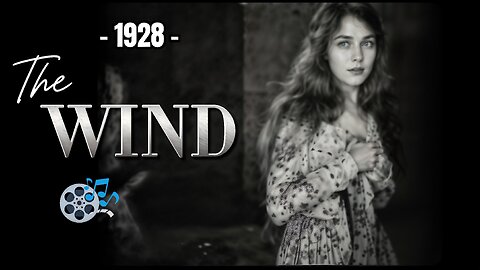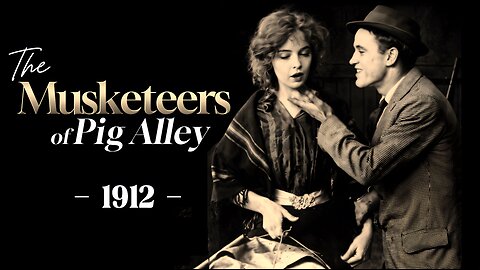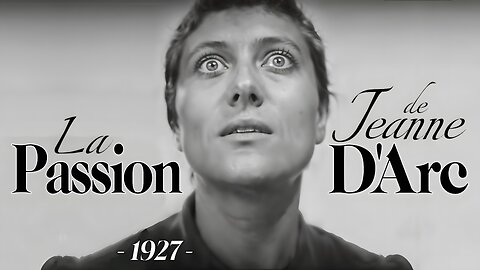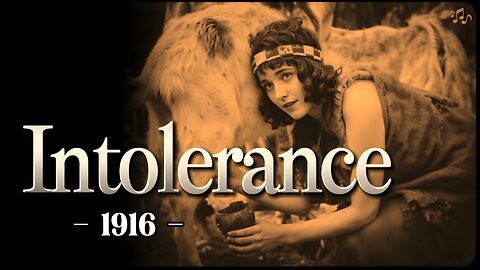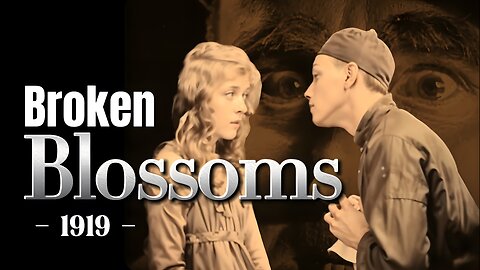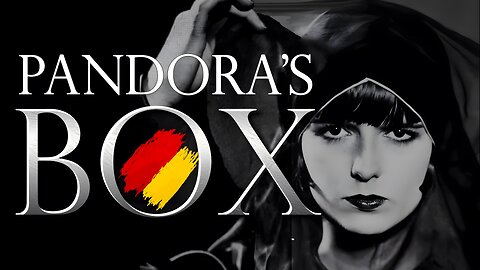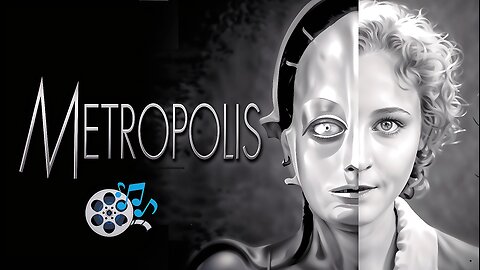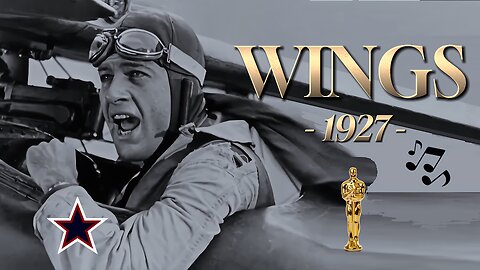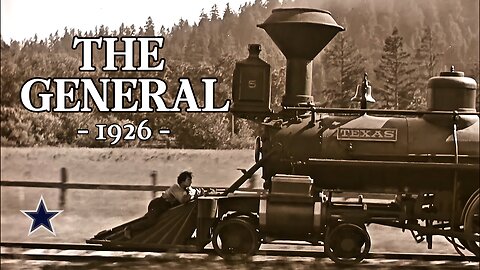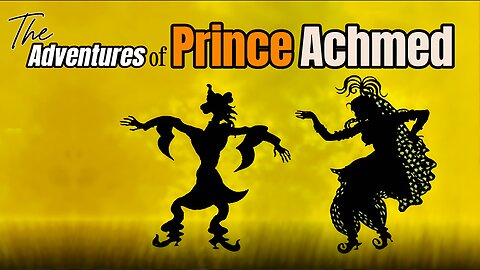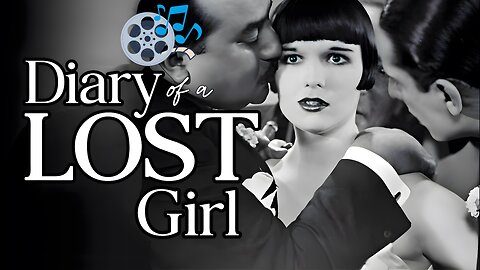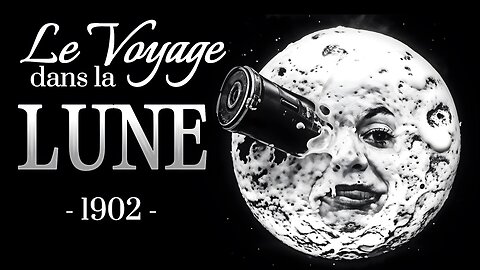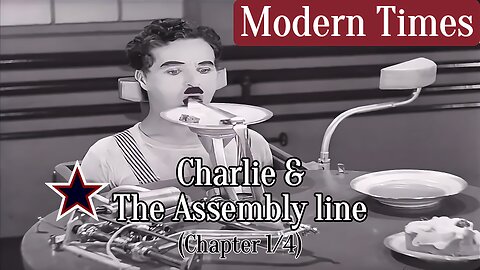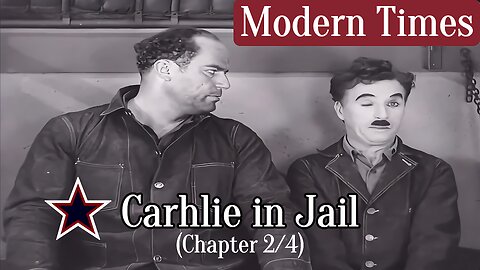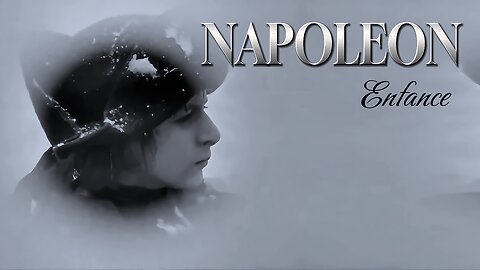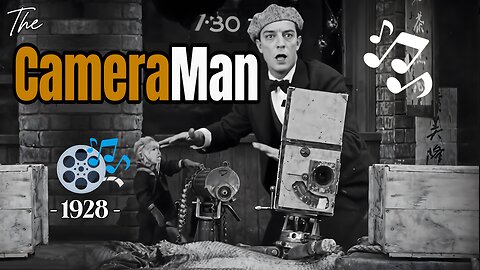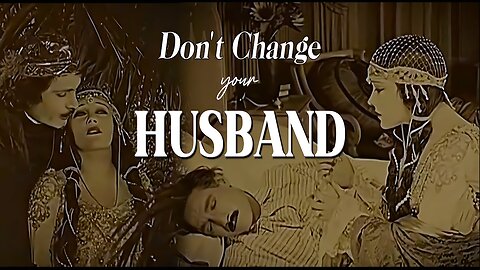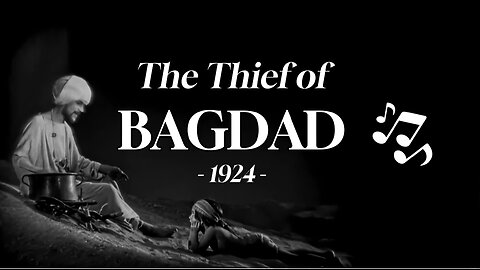Premium Only Content

The Wind - 1928 (HD) | by Victor Sjöström | Starring Lillian Gish
The Musketeers of Pig Alley - 1912 (HD) | Great Gangsters Short Film Starring Lillian Gish
La Passion de Jeanne D'Arc - 1927 (HD) | Carl Theodor Dreyer
Intolerance - 1916 (HD) | Starring Lillian Gish
Broken Blossoms - 1919 (HD) | Touching Drama: Starring Lillian Gish & Directed by D.W Griffith
Pandora's Box - 1929 | Starring Louise Brooks
Metropolis - 1927 (HD) | by Fritz Lang
The Great Train Robbery - 1903 (HD): First Western Movie
Wings - 1927 (Gershwin | HD): First Oscar Award
The General - 1926 (HD): Silent Movie by Buster Keaton
The Adventures of Prince Achmed - 1926 (HD): by Lotte Reiniger
Diary of a lost Girl - 1929 | Starring Louise Brooks
The Dark Side of Classic Cinema | The Birth of a Nation - 1915 (HD)
The Phantom of the Opera - 1925 (Bizet | HD): Directed by Rupert Julian
The Immigrant - 1917 (Vivaldi | HD): Starring Edna Purviance & Chaplin
The Man Who Laughs – 1928 (HD) | Novel that inspired The Joker
Le Voyage dans la Lune (A Trip to the Moon) - 1902 | de Georges Méliès
Charlie and the Assembly Line: Modern Times (Ch 1) by Charlie Chaplin
Charlie in Jail (Ch 2): Modern Times by Charlie Chaplin
The Gamin Girl (Ch 3). Modern Times - 1936: by Paulette Goddard & Charlie Chaplin
The Dancer & The Singer: Modern Times (Ch 4) by Paulette Goddard and Chaplin
Napoleon - 1927 (Bizet & Rameau | HD) : Enfance - Combat de boules de neige
The Cameraman - 1928 (Mozart | HD): Starring Buster Keaton & Marceline Day
Don't Change Your Husband - 1919 (HD) | Starring Gloria Swanson
The Thief of Bagdad - 1924 (HD): Arabian Nights
The Great Train Robbery - 1903 (HD): First Western Movie
The Great Train Robbery - 1903 (HD): First Western Movie. The Great Train Robbery is a 1903 American silent film made by Edwin S. Porter for the Edison Manufacturing Company. It follows a gang of outlaws who hold up and rob a steam locomotive at a station in the American West, flee across mountainous terrain, and are finally defeated by a posse of locals. The short film draws on many sources, including a robust existing tradition of Western films, recent European innovations in film technique, the play of the same name by Scott Marble, the popularity of train-themed films, and possibly real-life incidents involving outlaws such as Butch Cassidy.
Porter supervised and photographed the film in New York and New Jersey in November 1903; the Edison studio began selling it to vaudeville houses and other venues in the following month. The cast included Justus D. Barnes and G. M. Anderson, who may have also helped with planning and staging. Porter's storytelling approach, though not particularly innovative or unusual for 1903, allowed him to include many popular techniques of the time, including scenes staged in wide shots, a matte effect, and an attempt to indicate simultaneous action across multiple scenes. Camera pans, location shooting, and moments of violent action helped give The Great Train Robbery a sense of rough-edged immediacy. A special close-up shot, which was unconnected to the story and could either begin or end the film depending on the projectionist's whim, showed Barnes, as the outlaw leader, emptying his gun directly into the camera.
Due in part to its popular and accessible subject matter, as well as to its dynamic action and violence, The Great Train Robbery was an unprecedented commercial success. Though it did not significantly influence or advance the Western film genre, it was widely distributed and copied, including in a parody by Porter himself. During the twentieth century, inaccurate legends about The Great Train Robbery developed, claiming it was the first Western or even the first film to tell a story. Film scholars have repeatedly disproved these claims, demonstrating that The Great Train Robbery was a stylistic dead-end for its maker and genre; its commercial success and mythic place in American film lore nonetheless remain undisputed. The film, especially the close-up of Barnes, has become iconic in American culture, appearing in numerous film and television references and homages. In 1990, The Great Train Robbery was selected for preservation in the United States National Film Registry by the Library of Congress as being " #culturally , #historically , or #aesthetically significant ".
Remastered and Musically edited by Rueda Books & Arts. The entire film was edited with Scott Joplin's music, one of the best North American composer of the 19th century.
Scott Joplin: The Entertainer 3:20
#western #silentfilm #classicmovies
-
 3:23
3:23
Classic Films & Books: Legendary Movies, Audiobooks and More
5 months agoWe are the World! #Putin #Trump #music #peace #foryou
9823 -
 LIVE
LIVE
SpartakusLIVE
8 hours ago#1 WZ Hero can’t stop WINNING || BF6 Later?!
225 watching -
 9:18:15
9:18:15
ZWOGs
10 hours ago🔴LIVE IN 1440p! - Battlefield 6, Games w/ Maam, Kingdom Come Deliverance, & More - Come Hang Out!
33K2 -
 2:14:27
2:14:27
RiftTV
6 hours agoDHS TARGETS Online Right Wing Influencers For “ANTISEMITISM”? | The Rift | Guest: Simon Goddek
57.8K8 -
 2:40:12
2:40:12
megimu32
6 hours agoOTS: Rockin’ the Reels 🎸 Music Movies That Shaped Us
34.9K3 -
 9:47:12
9:47:12
Charlotte Winslow
11 hours ago🚗MARIO KART WORLD Online Battles & UNLOCKING THAT MIRROR MODE!
31.1K4 -
 13:46
13:46
MattMorseTV
8 hours ago $5.20 earned400% increase in PAID PROTESTERS.
53K36 -
 3:18:50
3:18:50
HELMETFIRE
4 hours ago🟢BATTLEFIELD 6 - TIME TO LOCK IN!🟢
15.5K -
 3:37:03
3:37:03
MoFio23!
1 day agoParty Hard with SynthTrax: LIVE - Episode #1
10.1K -
 54:10
54:10
Donald Trump Jr.
12 hours agoLifting the Veil on the Left's Lawfare, Interview with Breitbart Editor in Chief Alex Marlow Triggered Ep267
126K66
